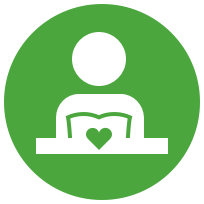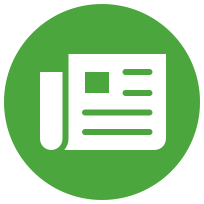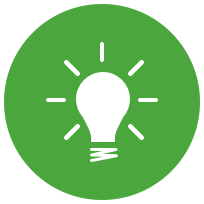Timely resources to help K-12 educators encourage social responsibility and foster social & emotional learning. Find out more.
TeachableMoment Lessons
Featured Lessons
A collection of activities and strategies designed for exploring and discussing current events with elementary-age children.
A collection of lessons, tips and videos—solid concrete ideas about how you can integrate restorative practices into your classroom this fall, or anytime!
A listing of novels that take a positive, visionary approach to the subject of climate change, focusing on fighting and adapting to climate change. Includes discussion questions.

SEL & RP
Activities to support students' social and emotional learning and restorative practices

Current Issues
Classroom activities to engage students in learning about and discussing issues in the news

Tips & Ideas
Guidance and inspiration to help build skills and community in your classroom and school
Filter TeachableMoment Lessons By:
Distribution of the Covid vaccine has been inequitable, both in the U.S. and globally. Students explore this problem and talk about what should be done.
Students consider the sequence of events leading up to former President Trump's second impeachment trial and the arguments for and against conviction.
Students consider arguments over whether the filibuster should be abolished - and learn about its context and racist roots.
Black history isn't just for February. Here, some perspectives on teaching Black history - and suggested activities for any time of the year.
Students work in small groups to create a collaborative piece of art as a response to photographs from the insurrection at the U.S. Capitol on January 6.
Students explore the Biden-Harris administration's ambitious agenda and challenges, including impeachment hearings and a narrow Congressional majority.
Students listen to and reflect on Amanda Gorman's powerful poem, which she recited at the 2021 presidential inauguration.
Students watch videos with Martin Luther King III and Rev. William Barber, co-founder of today’s Poor People’s Campaign, and discuss the continuing fight for economic and racial
Here's a collection of online lessons and resources to help you talk with students about the January 6 assault on the U.S. Capitol.
Filter TeachableMoment Lessons By:
Students discuss the historic Sandy Hook Families vs. Remington Arms lawsuit and its argument that the company marketed violence to vulnerable young men.
Judge Jackson may become the first Black woman on the Supreme Court. Students explore the confirmation process, Jackson's background, and diversity on the court.
Students reflect on global headlines about the invasion and the response to it, then hear and discuss the voices of Ukrainians.
The attack on Ukraine is on the minds of many young people - and adults. Here, we share some resources for discussing upsetting issues in the news.
Students consider the ongoing problem of student loan debt and how grassroots activism has elevated this issue in American politics.
Making time for students to do a bit of crafting can provide joy and comfort - and brighten up your classroom.


